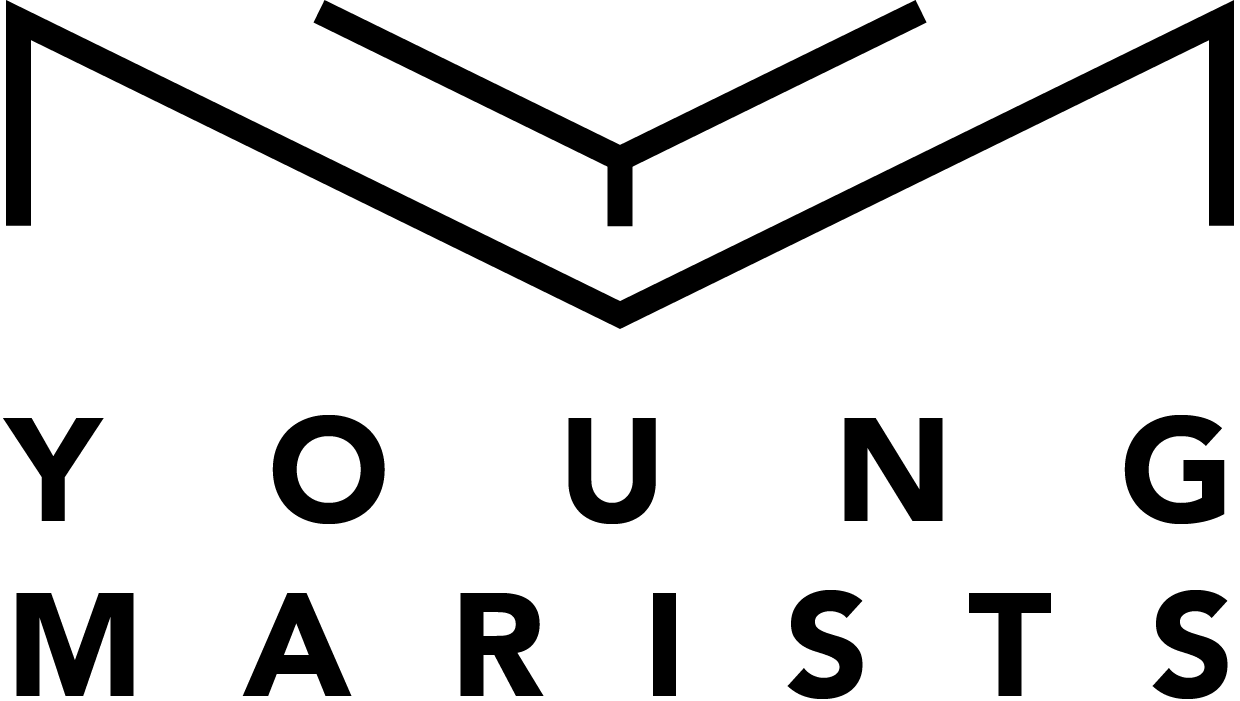“Poipoia te kākano kia puawai” - Nurture the seed and it will grow
“Poipoia te kākano kia puawai” - Nurture the seed and it will grow.
It’s pretty great practice to turn to nature to see the way things ought to be. Besides his bad haircut, St Thomas Aquinas was also pretty well known for helping us see that in order to understand what is right and wrong, humans typically turn to the moral understanding they naturally possess. But spending time in Te Urewera with our Neighbours programme has made me realise that not only can we, but we must, look beyond a human-focussed worldview to understand the ‘oughtness’ of things.
While thinking about the whakataukī above, my mind recalls the (few) moments I paid attention in my Year 10 Biology lessons. When a seed lands in the ngahere and has the right conditions to grow, it blooms. Further, it requires a collective effort from the ecosystem to not only live, but thrive. Working closely with the development of young people this year, I’ve seen first hand how the correct support and environment ensures one's potential is maximised. It is the youth born into difficult environments by sheer chance who have taught me this lesson in the most confronting way.
Ok, now hold that thought.
Research indicates a direct correlation between low income levels and an increased likelihood of individuals engaging in crimes such as theft and burglary. Additionally, children raised in single-parent families are at a higher risk of engaging in criminal activity.
With this in mind, it’s interesting that our approach to justice focuses on punishment rather than recognising that some people are left to grow in the cracks of concrete, while those making decisions about their punishment were born into fertilised soil. Buzzwords like "tough on crime" are used to stoke fear, attempting to leave us without our common sense. We approach justice by meeting people at the end—once a crime is committed and lives are affected—instead of meeting them at the beginning. The truth is, helping people with finances, housing, and health are all approaches to justice. Love itself is an approach to justice.
I recently met with a former Minister of Justice who shared how campaigning for a more human-centred and needs-based approach to justice—aimed at preventing people from ending up in dire situations, rather than punishing them once they do— failed to resonate with voters. I wasn't surprised. The reality is, we live in a system where those in power are more focused on instilling fear, driving people to vote out of anxiety, clinging to a baseless promise of protection. This approach exploits fear to gain support, instead of providing genuine, research-backed solutions for addressing crime.
The reality is that you often attract what you emphasise. Highlight positive behaviour, and you’re likely to see more of it. If you focus on the negative, failing to empathise with those pushed into crime, don’t be surprised when they continue to live into the stereotype you’ve created for them. Simply put, when a seed has a rough start, struggling to form its roots and grow in rocky terrain, you don’t help it by pouring gasoline on top of it.
If we relate this back to the context of our Catholic organisation, when Jesus met the Samaritan woman at the well, who was born into a rough start and marginalised from birth, he saw her as a human being deserving of dignity. He offered her what she needed, rather than what society deemed she deserved. When a woman was caught in adultery and faced death by stoning, Jesus, more than anyone, had the authority to cast some sort of punishment or judgement on her, yet he chose to show wisdom, understand her circumstances, and extend mercy instead.
So the question lies… if we are to nurture a seed to let it grow, how should we respond to those who have not been provided ideal conditions for growth?
- Seamus Lohrey
